Not a Seamless Lunch
by Anna Linetskaya
Edgar was looking at the screen, but none of it made sense. What he had worked for, what he returned to day after day, was no longer there. The sense of deep unease took over him as the realization settled in: somewhere, someone had changed the meal preferences on his Seamless page.
He looked around the office to see whether any of his colleagues were facing the same problem. Unfortunately, the cubicle divider in front of his desk obscured most of his workmates. Meggie, the only person he could see without lifting from his ergonomic chair, was standing by the receptionist’s desk, her face as serene as that of a seasoned yogi. No wonder. Not only did she make it to Hot Vinyasa class every morning before showing up at the office at precisely 7:15AM, she also found time to make and actually bring her own lunches to work. That Meggie, she did not have anything to worry about. She did not depend on Seamless. Although usually it meant chewing on a wilted spinach leaf from used Tupperware, today, her independence finally paid off.
Meggie was no good; Edgar needed a more reliable source to estimate the seriousness of the lunch predicament. He could Bloomberg-chat Kenny, his work buddy from Compliance. It would not be the first time they used the terminal for personal communication. Strictly speaking, such communication was against corporate policy, and it was Kenny’s job to preclude it. Yet, it was not the ethical implications of technology misuse, but rather Kenny’s complete uselessness when it came to food choices that stopped Edgar from going down that route.
Kenny, who called himself an omnivore, was, in Edgar’s opinion, simply a person deprived of taste buds, let alone a palette. Kenny would eat everything and anything, so long as there was enough of it. Rice and beans? Yes, please. Cheese nachos? Pack two. You say, “Kosher pizza?” Kenny says, “How high can I pile it on the plate?” In other words, Kenny was happy as long as there was Seamless, regardless of what it actually offered.
No, Kenny was no good either. Edgar needed to find someone of his own caliber, someone who could relate to his quandary. A person who, although aware of the calorie count and the circumference of their waist, was passionate about food. A person who saw lunch as a personal getaway from the humdrum of the office life. Someone who appreciated the fact that you get only one try when it comes to placing your Seamless order. There was no Redo button on that page, after all.
If there was indeed a firm-wide Seamless crisis (and not just a glitch on Edgar’s page), Sander the Foodie and Tim the Golf Guy would be the ones to show visible signs. Edgar made a decision: he would stand up and personally survey the field. But he would have to do so discreetly, so not to alter the natural state of his colleagues’ distress. For that he needed a believable disguise. Water cooler trips were painfully passé; the way to the men’s restroom lay through the corridor and did not allow for much observation. One last option remained: he would make his way to the Health Station.
The Heath Station was a rather new development, a by-product of the HR’s preoccupation with employees’ health and wellbeing. In a rare burst of creativity, the HR team had decided that the obvious solution to the problem of obesity—fewer calories in and more calories out—was utterly obsolete. What the office workers needed was more food but, this time, of the nonperishable and prepackaged kind. Granola bars, protein bars and shakes, fiber cookies, and fat-free crackers: anything that had the word healthy on its shiny packaging had already made or was quickly making its way to that magic cabinet, strategically positioned in the middle of the office floor.
The trip to the Health Station was ideal. It provided both a long, winding path and a perfect lookout spot. It also provided a much-needed pick-me-up snack. Edgar almost reached the coveted cupboard when a sudden “Later, all!” distracted him from the task at hand. To his surprise, the number of people from whom he was to choose his confidant was diminishing right before his eyes. Tim the Golf Guy (responsible for the awakening “Later, all!”) and five other colleagues from his group were exiting the office one by one. Only Meggie and Laura, a timid, middle-aged woman whom Edgar did not know well and had no interest in knowing better, remained.
The field trip. Of course. Of all days, today had to be Tuesday the 15th. The day that six out of nine people on Edgar’s team were scheduled to work at their new client’s office. Edgar recalled how happy he had been when they elected him to stay behind in the office with Meggie and Laura. With most people from his team gone, it felt almost like a vacation. He had his food, he had his Internet, and he had very few people around to bother him.
Little did he know that Tuesday the 15th would also be the day his trusted food deliveries, with their luscious but calorie-conscious offerings, disappeared from his Seamless account. Who in the world had decided to change the list? Who needed to fix what was not broken? But most importantly, why did it have to happen on the day Edgar got to get not one but two lunches delivered?
One of the reasons Edgar was so excited to stay behind on the field trip day was that he got to use the absent colleagues’ lunch allowance as he pleased. Of course, they would have to play fair and share the six extra lunch funds between the remaining people from the team. But out of the three remaining people, Edgar was one; Meggie did not use the lunch allowance lest she lost her “Homemade Lunch Queen” title; and Laura, who knew? With a little bit of nudging and a comment or two about the upcoming bikini season, she would surely give her extra lunch money to Edgar. And he would know how to use it wisely. He had his Favorite Seamless tags sorted exactly for such an occasion.
Edgar’s perfect plan was now ruined by events outside of his control. He had all the lunch credit in the world, but his trusted purveyors of sustenance were no longer there to supply him with their goods. Edgar found himself in a predicament right out of a children’s fable: he had everything he needed, but he didn’t know what to do with it. That was the only thing he could focus on as he sat back down on his ergonomic chair and stared at his Seamless page, still in total disarray.
For the second time in the last five minutes, an unexpected sound interrupted Edgar’s musings. The annoying bing was trying to attract Edgar’s attention to a new incoming email. In it, a faceless but very caring HR person was encouraging Edgar to please finalize his lunch choice so it could be placed promptly and delivered to his desk on time.
It was not that Edgar was afraid of choice. To the contrary, he appreciated the power that came with conscious decision-making. He grew up in a family of Jewish academics who evaluated every life occurrence in terms of a cause and effect (or, if not that, then at least a correlation). From an early age, Edgar’s parents had instilled in him the desire to choose correctly and the belief that such a choice was actually possible. You only needed to collect all the relevant information to make it.
So this is what he had to do now. Since he had been deprived of his preferred lunch options, he needed to collect all the information necessary to make a well-informed and, more importantly, correct choice of his upcoming unfamiliar meal. The first call of duty was the culprit itself: his Seamless account. Here, Edgar had to be careful not to misplace his anger; it was not actually Seamless the Company who had mixed up his options, but rather the omnipresent, conniving HR.
It was the HR, who, in the best tradition of Big Brother, oversaw from which six restaurants Edgar was to eat his lunch on any given day. Of course, such power could not have been delegated to a single department without the proper checks and bounds set in place. Although on paper it looked like the HR made the calls, in reality it was the result of the monthly employee survey which determined the lucky six. Edgar, ever an active corporate citizen, made sure to advocate for his favorites, which almost always made it on the list. Apparently, on Tuesday the 15th, the HR blatantly overstepped its power by changing delivery options sans referendum.
Now, Edgar needed to get to know the new players. He carefully studied the six unfamiliar names that appeared on his Seamless account. None of the descriptions that accompanied the names spoke to him; none of the wording enticed Edgar to sample the goods. How on earth, after being spoiled with his favorite restaurants’ follow-up surveys and having his ego massaged by their social media’s targeted campaigns, was he to choose from this unappealing mound of impersonal information?
The actual websites of the six contenders did not prove to be any better. Yelp pages did provide some nice visuals, but Edgar, a seasoned customer, knew that all the niceties of the presentation would be gone the moment the food was placed in the delivery box. Edgar saw the delivery box as the ultimate equalizing device: it stripped the food of all visual appeal, allowing the essence of the dish—its ingredients—to take center stage.
The ingredients. Here is where Edgar faced a real challenge. Only four out of six restaurants listed the ingredients of each dish on their respective menus, and not a single one provided the actual ingredient amounts used. It was simply impossible to say whether a chicken salad was a true chicken salad or a bunch of greens sprinkled with morsels of canned chicken meat. And what about all the sausages? Were they 100% beef or were there remnants of fatty pork added to the mixture for taste and texture? Although not observant, Edgar’s Jewish heritage rebelled at this purposeful omission.
Edgar decided to act. Instead of wasting his time on soulless descriptions, he would call up the restaurants to get all the information he thought was material for his decision. He hoped that the restaurant owners were at least savvy enough to provide a phone number and a sufficiently competent person to answer Edgar’s pressing questions.
Edgar picked up the phone and dialed the first number on the list. The handset was heavy and felt alien in his hand. It had been a while since he had actually used it. To Edgar, the concept of a phone conversation was a thing of the past, a feature of a society where people had not yet discovered the beauty of instant messaging. With it, you could take time to deliberate, to think the answer through, and to embellish it with visual content if needed. With a phone conversation, you had no such opportunity. By picking up the phone, you were entering the terrain of real-time debate and were foolishly subjecting yourself to the possibility of a verbal attack.
Edgar took a deep breath and suppressed his desire to hang up after the second ring. Luckily, an abrupt “Yes?” put an end to Edgar’s suspense. Although it was a rather unfriendly way to initiate a conversation with a potential customer, Edgar made a conscious effort to evoke the sense of appreciation and gratitude that he was trying to foster towards others, rude service people included. He had read somewhere that those who deliberately practice gratitude experience lower levels of stress and are on average happier and more resilient than their ungrateful compatriots. Despite his growing irritation, Edgar reminded himself that he should not take it personally and should not make assumptions about the person at the other end of the line. According to the little cheat-sheet of happy life principles Edgar had pinned above his desk, he also was supposed to “remain impeccable with your word,” even more so during the upcoming conversation.
The first order of business was to make sure that the person on the other end was qualified to provide the information Edgar needed. After confirming that it was indeed the correct restaurant and that they did deliver lunches on a regular basis, Edgar inquired about the person’s first name and dietary preferences. It was important to establish rapport so Edgar’s new phone acquaintance, Thang, could feel comfortable enough to share his honest opinion. It was equally important to establish whether or not Thang was affected by any of the restrictive food fads, such as veganism, and to adjust the weight of his honest opinion accordingly.
Thang proved to be solid. Not only did he eat fish, meat, and poultry, he also happened to receive part of his reimbursement as lunch credit to be spent in the restaurant, so he had vast firsthand experience with the menu. Thang’s brief lament about being “short on cash to buy food for the family” did not dissuade Edgar; it was obviously meant as an ice-breaker and not as a real complaint. Surely, Thang could get a doggy bag ‘to-go’ to take lunch leftovers back home.
Edgar felt like he was onto something. Maybe the damages caused by the Seamless disaster could be reduced to a minimum, after all. Although Thang could not name the exact amount of beef used in the Wild Meatloaf Wrap, he assured Edgar that, where Thang came from, “It would be enough to feed a family of four.” There was just one thing left to clarify, and it was not Thang’s country of origin. It was gluten.
What followed caused Edgar to temporarily loose his state of equanimity. He was prepared to face Thang’s potential ignorance on the topic and had his brief three-minute lecture on the dangers of gluten ready. He was prepared to discuss which modifications could be made to the wrap to make it gluten-free, and was ready to sacrifice some of the nutrients. He was even prepared to face the “Yes, it contains gluten” defeat. That he could handle.
What he could not handle was the blatant “So, you are Jewish and celiac?” remark. Who was Thang to box Edgar in like that? To put this label on him? No, Edgar did not have celiac disease or wheat sensitivity. But Edgar did have a right not to be labeled “celiac” every time he wished to avoid gluten. He was much more than his dietary preferences, and he felt it was his civic duty to nip any such attempt at objectification in the bud. Feeling that he no longer could remain impeccable with his word, Edgar hung up.
He stared at his phone, trying to process what was happening to him. Thang’s words touched a rough spot deep inside Edgar. It always came down to that with food, to the need to explain that it was not a matter of religion of allergies. Edgar simply liked to know what exactly he put into his body. The careful process of selection was time consuming and, on occasion, stressful, yet he accepted those small discomfort as the price he had to pay to stay in control. To stay in control in a world where the produce was manufactured, not grown; where a carton of milk could be spiked with arsenic; where a calf may not see the light of day before becoming a steak. How was that his prudence and responsible attitude towards food always managed to turn into a cause of conflict and mockery?
Edgar looked at his computer screen. The onerous message from the HR was still there, staring back at him. He needed to make a choice, and he needed to make it quick: it was by now 11:05AM, which meant he had less than five minutes before the 11:10AM order submission cutoff.
Overcome with emotion, Edgar took a deep breath and resolved to switch to cold logic. He thought he needed to make a choice, but did he really? Granted, the whole system was set up to foster this belief: the Seamless account was his; the HR prompted Edgar to finalize his choice. But there was a loophole in the system, and Edgar had seen it being used before. For some reason, his brain chose to suppress this knowledge, but now that Edgar had a complete recollection of it, his mind was set. He looked at the email, clicked Reply button and typed in the words that were sure to put an end to this lunch debacle: “In the meeting. Please, spend today’s lunch credit (mine, Tim’s, Sander’s) as you see fit. Best, Edgar.”
Edgar took another deep breath, clicked Send, and sat back in his chair. His gaze rested on the mood-enhancing lamp, which the HR strongly encouraged to position against the cubicle divider wall behind the computer screen. The deep indigo colors of the cubicle wall were supposed to bring a sense of calm, while the pale yellow and bright orange of the lamp encouraged one to rise to one’s potential like a rising sun. Edgar realized he hated those colors.
Edgar stood up. Suddenly, he realized he hated not only the colors but the very idea of the mood-enhancing lamp. He hated the cubicle wall. He hated Meggie, who was standing right behind it with her bright, toothy smile and her stinky collection of Tupperware containers. He hated Laura, who was munching on another carb-free, sugar-free, fat-free, fiber-rich protein bar she had just gotten from the Heath Station. Most of all, he hated the fact that he had just given away his right to choose to the very people who made all of this happen.
Did they really care about Edgar when they made those choices? Did they ever stop to consider his well-being or the fact that his bad cholesterol had gone through the roof since he had joined this workplace? Did they know that what he really needed was someone who could care for him without any hidden agenda?
Edgar stormed out of the office. He needed to clear his mind, and this time deep breathing exercises were not up to the task. Edgar needed a good old walk in the park, needed to feel the sun on his face and the wind against his skin. A walk like the ones he used to take as a child with his Grandpa. Back when he still could run and play and laugh, all under the watchful eye of his guardian, who pretended to read his Sunday newspaper in the shade of a poplar tree.
* * *
Edgar walked through the park entrance across from his office building. Most of the benches along the main path were occupied by people who looked very much like him. Those people, dressed in different shades of gray with occasional splotches of white and light pink, were the happy few who were actually allowed to step away from their desks during the day. Many of them were holding Styrofoam containers and paper bags covered with grease stains of different shapes and sizes. The aroma emanating from those receptacles overpowered all other smells in the park: the lunch hour had finally arrived.
Edgar’s stomach responded to the smell with a predictable rumble of hunger, but his mind refused to budge. He wanted none of this. He did not want to stuff his face with a dripping sandwich while checking his email on his phone. He did not want to gulp liters of flavorless coffee from a Venti cup to get thought the afternoon low. He did not want to eat from a doggy bag, even if it came from the most coveted food truck in the area.
What he wanted was to eat with abandon, just like he used to as a child. To eat without thinking that he should be eating something else, to eat without thinking that he should be doing something else. To eat food that had been prepared with love.
Edgar found an empty bench in a remote corner of the park and sat down in the shade. He closed his eyes. Like when they were all still living together and when the smell of his mother’s kotletu would force everyone to drop whatever they were doing and gather around the table. Like on a cold winter night, when his grandmother would heat up the oven, and while the rugelach were baking, they would all play cards and steal spoonfuls of warm custard from the jar. His mind was overcome with those pleasant memories; the stress of the lunch debacle slowly started to subside.
“Do you mind if I sit here, sir?” said a voice out of nowhere. Edgar opened his eyes and saw a little boy about ten yeas old standing next to him. The boy was holding a carefully wrapped foil parcel in his hands. Edgar shifted and gestured the boy to sit down next to him.
“My mom is over there, at the kiddies’ playground with my little sister. It is not often that I get to take my lunch to the park with them. I’m usually at school, you know. But when I do get to come here, I really like it.” The boy smiled at Edgar and started to unwrap his parcel.
“I hope it’s a peanut butter and jelly sandwich. My mom makes them the best! She knows that I like them, and she puts these little heart-shaped jelly beans on top. I’m all grown up now, but I still like it very, very much.”
As the boy unwrapped the foil, Edgar could see a huge smile lighting up on his face. Inside, the boy found what he was hoping for. His joy was pure, his satisfaction almost complete. Almost. Edgar could sense that something was amiss; something was stopping the boy from taking that coveted first bite.
The boy lifted up his head and stared Edgar straight in the eye. Then, without saying a word, the boy broke the sandwich in half, tore off a piece of foil, carefully wrapped one half, and extended it to Edgar.
Humbled, Edgar accepted the offering. He took a bite, chewed, swallowed, and looked back at the boy.
Seamlessly, all of it made sense.
BIO
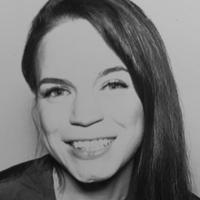 Anna Linetskaya is an emerging writer who, after years of academic work and legal practice, finally finds herself writing pieces she truly enjoys. She is currently working on her first novel while completing her MFA in Creative Writing at the City College of New York. When not working on her book, Anna is sure to be found reading books of others. She is unapologetic about her reading locations and is particularly proud of her reading-while-walking skill. Her most recent publication, “myLife: a Story,” appeared as a series of installments in Visitant.
Anna Linetskaya is an emerging writer who, after years of academic work and legal practice, finally finds herself writing pieces she truly enjoys. She is currently working on her first novel while completing her MFA in Creative Writing at the City College of New York. When not working on her book, Anna is sure to be found reading books of others. She is unapologetic about her reading locations and is particularly proud of her reading-while-walking skill. Her most recent publication, “myLife: a Story,” appeared as a series of installments in Visitant.

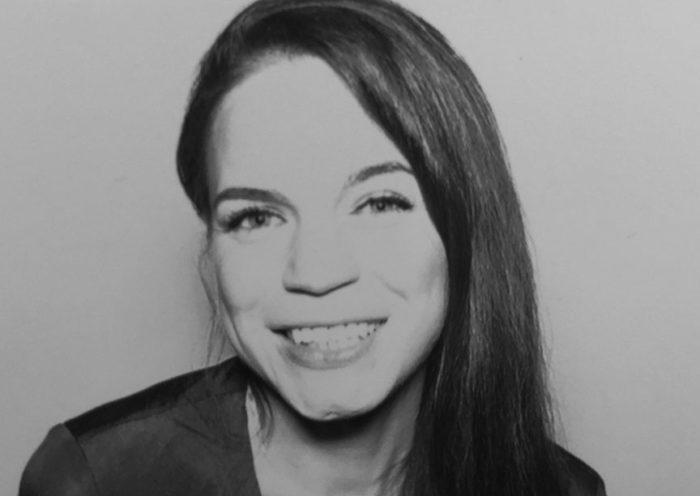

 Priscilla Mainardi attended the University of Pennsylvania and Rutgers University, where she earned an MFA in creative writing. Her work appears in numerous journals, including Pulse – Voices from the Heart of Medicine, the Examined Life Journal, and BioStories. She teaches writing at Rutgers University in Newark, New Jersey and serves on the editorial board of the online journal, The Intima.
Priscilla Mainardi attended the University of Pennsylvania and Rutgers University, where she earned an MFA in creative writing. Her work appears in numerous journals, including Pulse – Voices from the Heart of Medicine, the Examined Life Journal, and BioStories. She teaches writing at Rutgers University in Newark, New Jersey and serves on the editorial board of the online journal, The Intima.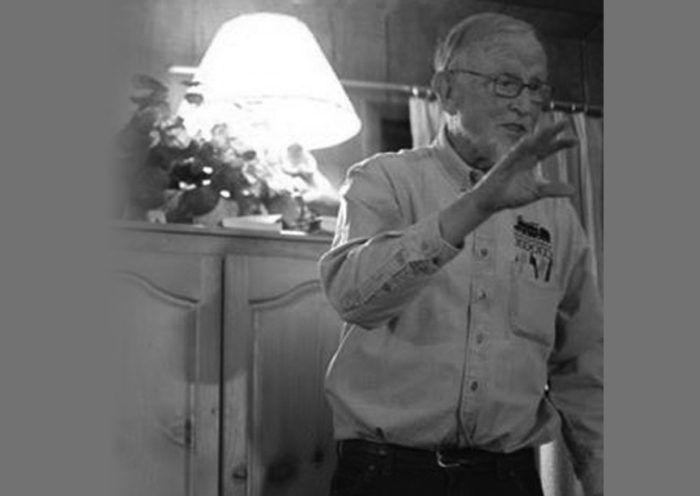
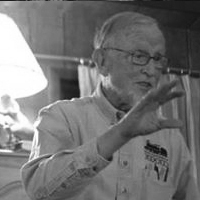 James R. Kincaid has published about forty stories and some novels: A History of the African-American People by Strom Thurmond (co-authored with Percival Everett), Lost, You Must Remember This, Wendell and Tyler (a new adult trilogy), Just Wally and Me, and Chasing Nightmares, along with a collection of short stories and a play, “The Court-Martial of Lt. Calley.” He has taught at Ohio State, Colorado, Berkeley, Southern Cal, and is now at Pitt.
James R. Kincaid has published about forty stories and some novels: A History of the African-American People by Strom Thurmond (co-authored with Percival Everett), Lost, You Must Remember This, Wendell and Tyler (a new adult trilogy), Just Wally and Me, and Chasing Nightmares, along with a collection of short stories and a play, “The Court-Martial of Lt. Calley.” He has taught at Ohio State, Colorado, Berkeley, Southern Cal, and is now at Pitt.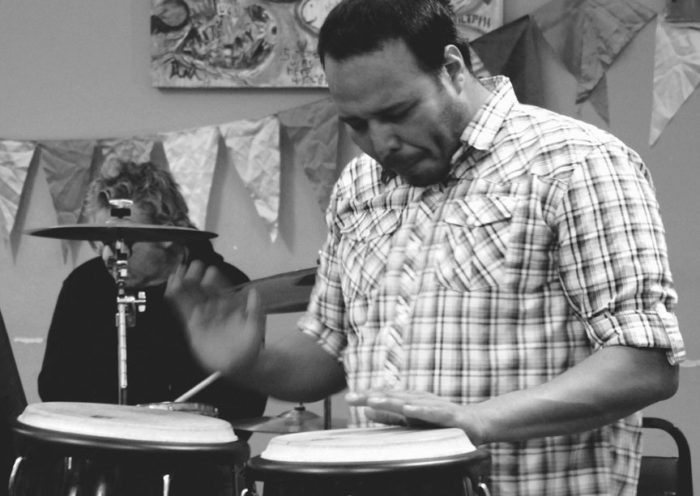
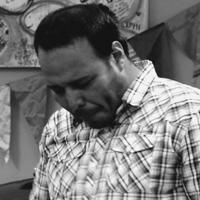 Marvin Rosel was born in Sonsonate, El Salvador, where he lived until he was 14. His father brought him, along with his brother and sister, to South Gate, CA. He spent several years living in Miami, FL. Marvin arrived to the Skid Row community in November 2017, where he continues to write and live.
Marvin Rosel was born in Sonsonate, El Salvador, where he lived until he was 14. His father brought him, along with his brother and sister, to South Gate, CA. He spent several years living in Miami, FL. Marvin arrived to the Skid Row community in November 2017, where he continues to write and live.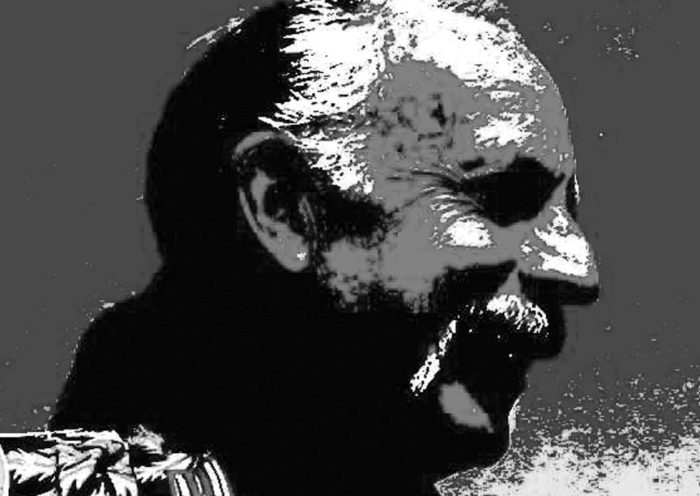
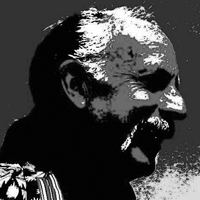 Guinotte Wise writes and welds steel sculpture on a farm in Resume Speed, Kansas. His short story collection (Night Train, Cold Beer) won publication by a university press and enough money to fix the soffits. Four more books since. A 4-time Pushcart nominee, his fiction and poetry have been published in numerous literary journals including Atticus, The MacGuffin, Santa Fe Writers Project, Rattle and The American Journal of Poetry. His wife has an honest job in the city and drives 100 miles a day to keep it. Some work is at
Guinotte Wise writes and welds steel sculpture on a farm in Resume Speed, Kansas. His short story collection (Night Train, Cold Beer) won publication by a university press and enough money to fix the soffits. Four more books since. A 4-time Pushcart nominee, his fiction and poetry have been published in numerous literary journals including Atticus, The MacGuffin, Santa Fe Writers Project, Rattle and The American Journal of Poetry. His wife has an honest job in the city and drives 100 miles a day to keep it. Some work is at 
 Annie Blake is an Australian writer and divergent thinker. She is a wife and mother of five children. She started school as an EAL student and was raised and, continues to live in a multicultural and industrial location in the West of Melbourne. Her research aims to exfoliate branches of psychoanalysis and metaphysics. She is currently focusing on in medias res and arthouse writing. She enjoys semiotics and exploring the surreal and phantasmagorical nature of unconscious material. Her works are best understood when interpreting them like dreams. She is a member of the C G Jung Society of Melbourne. You can visit her on
Annie Blake is an Australian writer and divergent thinker. She is a wife and mother of five children. She started school as an EAL student and was raised and, continues to live in a multicultural and industrial location in the West of Melbourne. Her research aims to exfoliate branches of psychoanalysis and metaphysics. She is currently focusing on in medias res and arthouse writing. She enjoys semiotics and exploring the surreal and phantasmagorical nature of unconscious material. Her works are best understood when interpreting them like dreams. She is a member of the C G Jung Society of Melbourne. You can visit her on 
 Chris Fox is a poet and librarian based out of Greensboro, NC. His work has appeared in numerous journals, including Rosebud, Treehouse Magazine, Lady Churchill’s Rosebud Wristlet, Oddball Magazine and others. His poem “You” was a runner-up for the William Stafford award, and his poem “Scorpions” was nominated for the Rhysling Award. He is currently at work putting the finishing touches on his first chapbook, “Time Travel Love Poems”.
Chris Fox is a poet and librarian based out of Greensboro, NC. His work has appeared in numerous journals, including Rosebud, Treehouse Magazine, Lady Churchill’s Rosebud Wristlet, Oddball Magazine and others. His poem “You” was a runner-up for the William Stafford award, and his poem “Scorpions” was nominated for the Rhysling Award. He is currently at work putting the finishing touches on his first chapbook, “Time Travel Love Poems”.
 AN Block teaches at Boston University, is Contributing Editor at the Improper Bostonian and a Master of Wine. Recent stories have appeared in Buffalo Almanack (recipient of its Inkslinger Award for Creative Excellence), Umbrella Factory Magazine (a Pushcart Prize nominee), Lowestoft Chronicle (a Pushcart Prize nominee), Solstice, The Maine Review, The Junto, Constellations, Contrary, and several others.
AN Block teaches at Boston University, is Contributing Editor at the Improper Bostonian and a Master of Wine. Recent stories have appeared in Buffalo Almanack (recipient of its Inkslinger Award for Creative Excellence), Umbrella Factory Magazine (a Pushcart Prize nominee), Lowestoft Chronicle (a Pushcart Prize nominee), Solstice, The Maine Review, The Junto, Constellations, Contrary, and several others.
 Mary Kasimor has been writing poetry for many years. Her recent poetry collections are The Landfill Dancers (BlazeVox Books 2014), Saint Pink (Moria Books 2015), The Prometheus Collage (Locofo Press 2017), and Nature Store (Dancing Girl Press 2017).
Mary Kasimor has been writing poetry for many years. Her recent poetry collections are The Landfill Dancers (BlazeVox Books 2014), Saint Pink (Moria Books 2015), The Prometheus Collage (Locofo Press 2017), and Nature Store (Dancing Girl Press 2017).
 Anthony J. Mohr’s work has appeared or is upcoming in, among other places, DIAGRAM, Eclectica, Evening Street Review, Hippocampus Magazine, North Dakota Quarterly, Saint Ann’s Review, War, Literature & The Arts, and ZYZZYVA. He has been anthologized in California Prose Directory (2013), Golden State 2017, and elsewhere. His work has received five Pushcart Prize nominations. He is an associate editor of Fifth Wednesday Journal. Once upon a time, he was a member of the LA Connection, an improv theater group.
Anthony J. Mohr’s work has appeared or is upcoming in, among other places, DIAGRAM, Eclectica, Evening Street Review, Hippocampus Magazine, North Dakota Quarterly, Saint Ann’s Review, War, Literature & The Arts, and ZYZZYVA. He has been anthologized in California Prose Directory (2013), Golden State 2017, and elsewhere. His work has received five Pushcart Prize nominations. He is an associate editor of Fifth Wednesday Journal. Once upon a time, he was a member of the LA Connection, an improv theater group.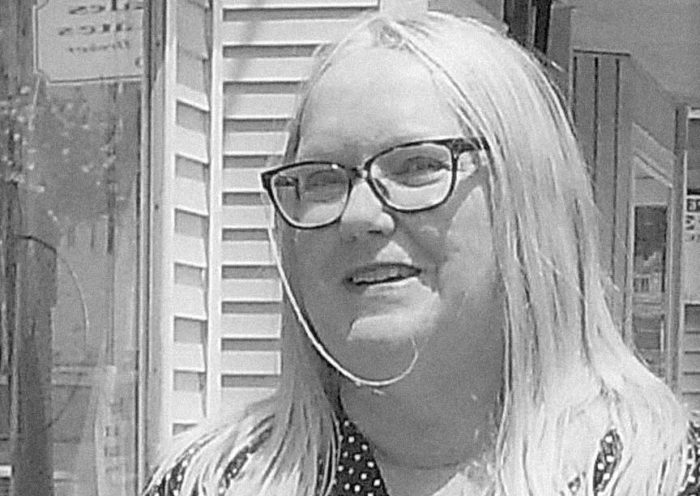
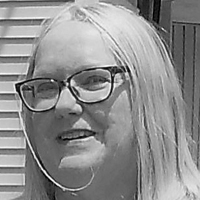 Eve Dobbins was born in New York City and raised in a small town located in the Catskill Mountains where everyone knew your name. After graduating from Stony Brook University with an English degree, she spent several years working in Manhattan in the garment industry; as a real estate property appraiser with the city of New York and a girl Friday for local radio talk show host, Barry Farber, as well as a stint in the United States Navy. Her favorite authors are Lee Child, Lisa Unger, and Ann Rule. Her favorite quote for inspiration is “Everyone has two eyes but no one has the same view” (Wael Harakeh). Her husband is her co-conspirator in writing and baking which paved the way for Cupcake Cache, a gourmet cupcakerie which closed in 2015. Mrs. Dobbins has a MA in TESOL and has lived and worked in Asia and the Middle East. Presently, she makes a living as an English teacher. She was named in August 2017 “Poet of the Month” by “The Horror Zine.”
Eve Dobbins was born in New York City and raised in a small town located in the Catskill Mountains where everyone knew your name. After graduating from Stony Brook University with an English degree, she spent several years working in Manhattan in the garment industry; as a real estate property appraiser with the city of New York and a girl Friday for local radio talk show host, Barry Farber, as well as a stint in the United States Navy. Her favorite authors are Lee Child, Lisa Unger, and Ann Rule. Her favorite quote for inspiration is “Everyone has two eyes but no one has the same view” (Wael Harakeh). Her husband is her co-conspirator in writing and baking which paved the way for Cupcake Cache, a gourmet cupcakerie which closed in 2015. Mrs. Dobbins has a MA in TESOL and has lived and worked in Asia and the Middle East. Presently, she makes a living as an English teacher. She was named in August 2017 “Poet of the Month” by “The Horror Zine.”
 Zach Trebino populates the world with absurdly grotesque performances, videos, and texts. His performances have been seen in cities and truck stops throughout the US (and a few times in Bulgaria and Argentina). His friend Zack Bwaff (
Zach Trebino populates the world with absurdly grotesque performances, videos, and texts. His performances have been seen in cities and truck stops throughout the US (and a few times in Bulgaria and Argentina). His friend Zack Bwaff (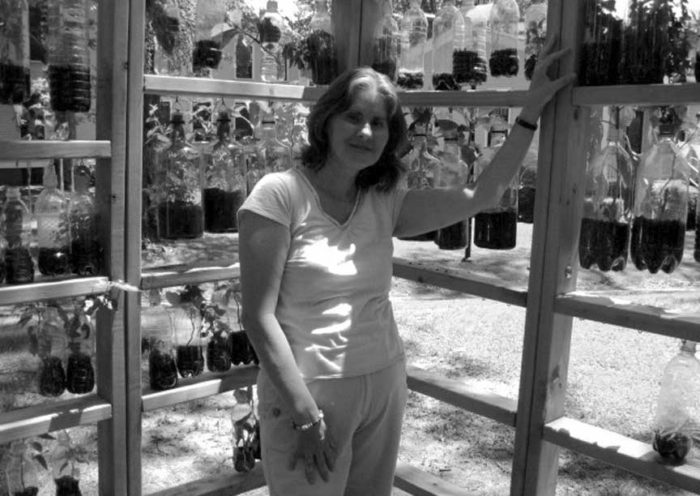
 Lily Tierney’s work has appeared in Harbinger Asylum, Veil: Journal of Darker Musings, The Stray Branch, Illumen Magazine, Polu Texni, and many others. She enjoys reading and writing poetry.
Lily Tierney’s work has appeared in Harbinger Asylum, Veil: Journal of Darker Musings, The Stray Branch, Illumen Magazine, Polu Texni, and many others. She enjoys reading and writing poetry.
 Jared Pearce’s collection, The Annotated Murder of One, was released from Aubade last year (
Jared Pearce’s collection, The Annotated Murder of One, was released from Aubade last year (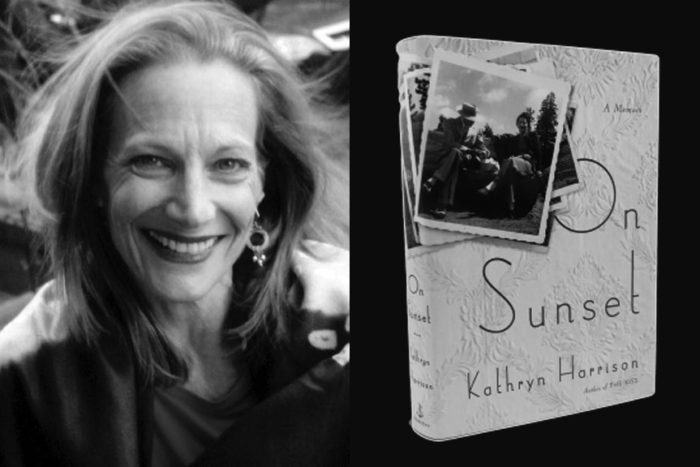

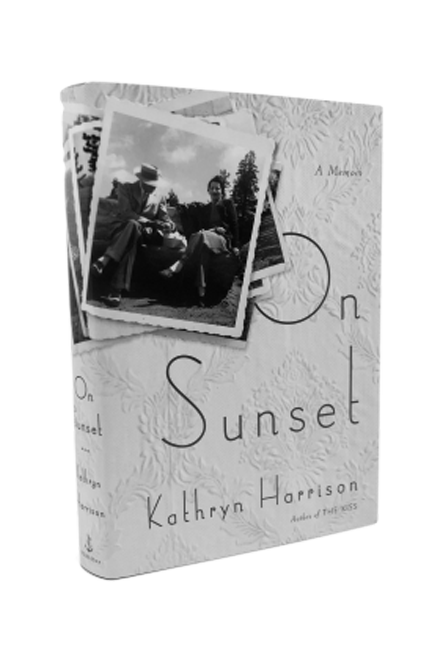

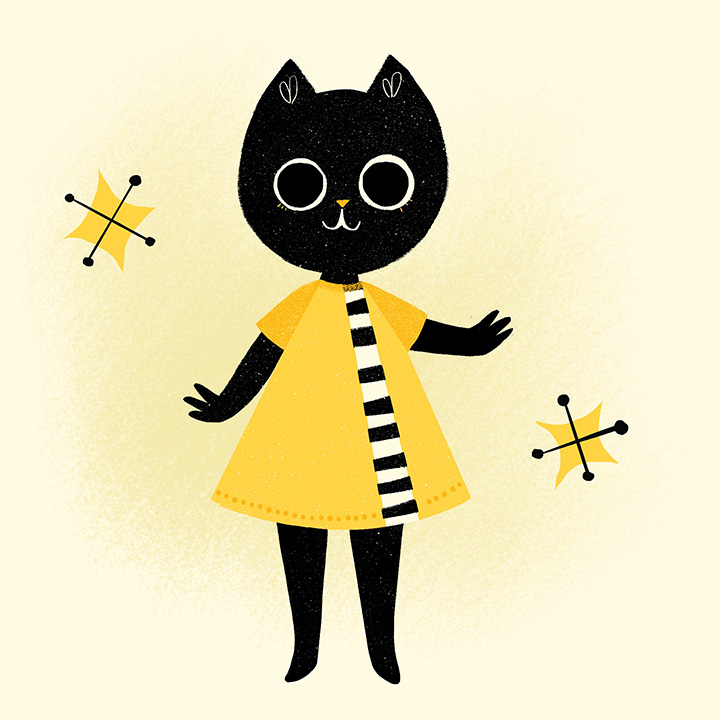




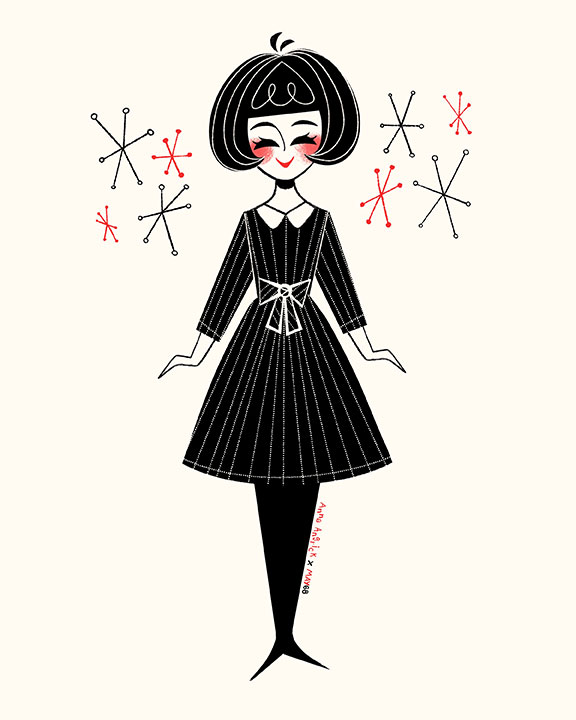


 Anna Angrick is an illustrator from Indiana studying at School of The Art Institute of Chicago. Her work is inspired by mid-century children’s illustration, retro-futurism, and early Disney concept artists like Mary Blair and Rolly Crump. Anna is currently freelancing and working on personal commissions, but once she graduates she wants to concentrate on doing children’s book illustration and hopefully writing and illustrating her own children’s book.
Anna Angrick is an illustrator from Indiana studying at School of The Art Institute of Chicago. Her work is inspired by mid-century children’s illustration, retro-futurism, and early Disney concept artists like Mary Blair and Rolly Crump. Anna is currently freelancing and working on personal commissions, but once she graduates she wants to concentrate on doing children’s book illustration and hopefully writing and illustrating her own children’s book.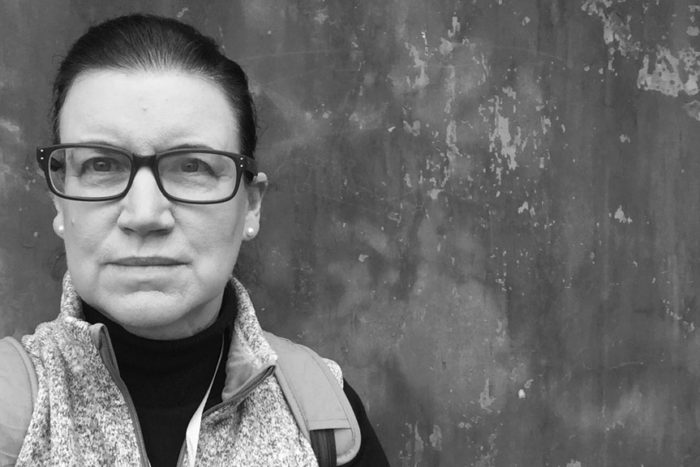
 Annette Freeman is a writer living in Sydney, Australia. She was born and raised in Tasmania, which she suspects is reflected in her writing in ways too mysterious to analyse. Her shorter work has appeared in the University of Sydney Student Anthology, BrainDrip Magazine, Collective Hub Magazine and Travel Post Monthly. She has a Masters of Creative Writing from the University of Sydney, the support of a terrific writing group, and boundless respect for a fine sentence.
Annette Freeman is a writer living in Sydney, Australia. She was born and raised in Tasmania, which she suspects is reflected in her writing in ways too mysterious to analyse. Her shorter work has appeared in the University of Sydney Student Anthology, BrainDrip Magazine, Collective Hub Magazine and Travel Post Monthly. She has a Masters of Creative Writing from the University of Sydney, the support of a terrific writing group, and boundless respect for a fine sentence.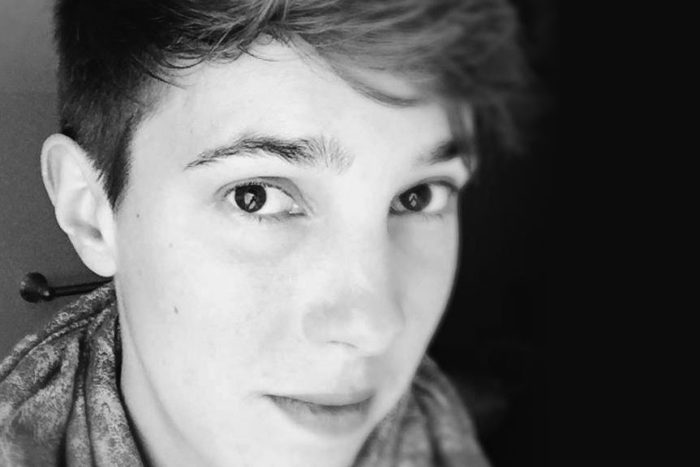
 A.C. O’Dell is a writer and flash poet living in Virginia. She received her B.F.A. from Mars Hill University and her M.F.A. from Regent University. She has two chapbooks, Woman These Are Yours and Slightly Bitter, and has published two zines with watercolor artist Marni Manning: Americana Culture and Inktober. Her piece “The ordinary-ness” was recently published in Blakelight Literary Magazine. One of A.C.’s favorite things to do is run her pop-up poetry booth, where she composes extemporaneous pieces for clients as performance art. It is one of the most beautiful and challenging projects she has ever worked on.
A.C. O’Dell is a writer and flash poet living in Virginia. She received her B.F.A. from Mars Hill University and her M.F.A. from Regent University. She has two chapbooks, Woman These Are Yours and Slightly Bitter, and has published two zines with watercolor artist Marni Manning: Americana Culture and Inktober. Her piece “The ordinary-ness” was recently published in Blakelight Literary Magazine. One of A.C.’s favorite things to do is run her pop-up poetry booth, where she composes extemporaneous pieces for clients as performance art. It is one of the most beautiful and challenging projects she has ever worked on.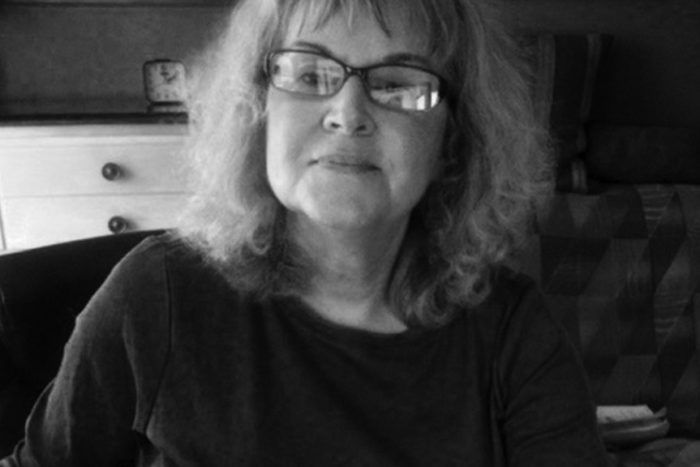
 Margaret Karmazin’s credits include stories published in literary and national magazines, including Rosebud, Chrysalis Reader, North Atlantic Review, Mobius, Confrontation, Pennsylvania Review, ASIM, The Speculative Edge and Another Realm. Her stories in The MacGuffin, Eureka Literary Magazine, Licking River Review and Mobius were nominated for Pushcart awards. She has also published a YA novel, REPLACING FIONA, a children’s book, FLICK-FLICK & DREAMER and a collection of short stories, RISK.
Margaret Karmazin’s credits include stories published in literary and national magazines, including Rosebud, Chrysalis Reader, North Atlantic Review, Mobius, Confrontation, Pennsylvania Review, ASIM, The Speculative Edge and Another Realm. Her stories in The MacGuffin, Eureka Literary Magazine, Licking River Review and Mobius were nominated for Pushcart awards. She has also published a YA novel, REPLACING FIONA, a children’s book, FLICK-FLICK & DREAMER and a collection of short stories, RISK.
 Lauren Sartor has an MFA from Sarah Lawrence College. Her work has appeared in publications, such as Black Fox Literary Review, Broad! Magazine, Calyx Journal, Literary Juice, Easy Street, and The Former People’s Journal. Her work takes an earnest look at the conflicted, and often misrepresented, facets of ordinary livelihood. She is currently a Ph.D. candidate at SUNY Binghamton.
Lauren Sartor has an MFA from Sarah Lawrence College. Her work has appeared in publications, such as Black Fox Literary Review, Broad! Magazine, Calyx Journal, Literary Juice, Easy Street, and The Former People’s Journal. Her work takes an earnest look at the conflicted, and often misrepresented, facets of ordinary livelihood. She is currently a Ph.D. candidate at SUNY Binghamton.











